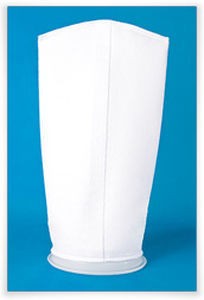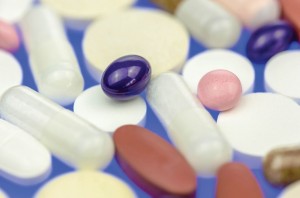 Selecting the right filters can minimize process downtime, reduce maintenance and waste disposal costs, limit worker exposure to the fluids, and improve product quality. However, proper filter selection can vary amongs industrial applications, including water filtration, boilers and irrigation. When it comes to liquid processing, consider these two basic filters:
Selecting the right filters can minimize process downtime, reduce maintenance and waste disposal costs, limit worker exposure to the fluids, and improve product quality. However, proper filter selection can vary amongs industrial applications, including water filtration, boilers and irrigation. When it comes to liquid processing, consider these two basic filters:
Bag Filters
Liquid bag filters operate by capturing solids inside the filter media “bag”, and tend to be low cost. They generally have lower surface areas than comparable cartridge systems. Due to their wide range of process conditions, they’re a great choice for a variety of applications, including paints, water treatment, food processing, pharmaceutical, and more.
Cartridge Filters
Cartridge filters are used for removing suspended solids for applications with lower flow rates, where exposure to the process liquid is not an issue. They are typically the same initial cost as bag filters, but contain a higher operational cost.
If operator and environmental exposure to the liquid is acceptable, and loss solids must be removed, both bag filters and cartridge filters are recommended. When selecting a filter for liquid processing, it’s important to ultimately consider the cost, flow requirements, and operator exposure risks.







 Each facility has unique needs when it comes to air compression; and it’s not surprising that compressed air is held to a very high standard in the pharmaceutical industry, where cleanliness is especially critical. As the pharmaceutical industry has grown, also has its utilization of compressed air for breathing air, operation of equipment and instrument air. The primary challenges to air quality in this industry are:
Each facility has unique needs when it comes to air compression; and it’s not surprising that compressed air is held to a very high standard in the pharmaceutical industry, where cleanliness is especially critical. As the pharmaceutical industry has grown, also has its utilization of compressed air for breathing air, operation of equipment and instrument air. The primary challenges to air quality in this industry are:


